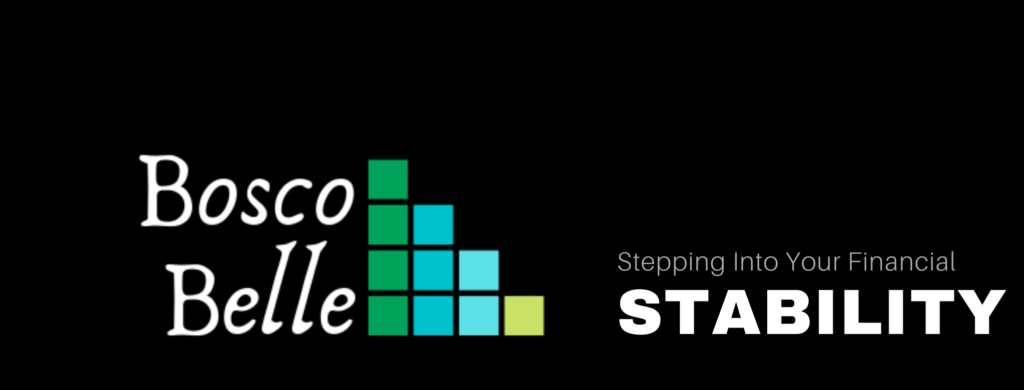Money Therapy: The Secret to Healing Your Financial Stress and Building a Healthier Relationship with Money
Money is more than just numbers held within a bank account. Many times it is deeply tied to our various emotions, behaviors, and even at times our own self-worth. Financial stress can lead to anxiety. It can also lead to depression, and strained relationships. Many people struggle to address the emotional side of money management.
This is where Money Therapy comes in. It really is a powerful blend of financial planning and emotional support designed to help individuals overcome financial stress and cultivate a healthier relationship with money.
If you’ve ever felt overwhelmed by debt, guilty about buying and spending, or anxious about your financial future, money therapy might be the missing piece in your financial wellness journey.
What Is Money Therapy?

Money Therapy is a holistic approach that combines financial expertise with therapeutic techniques to address both the practical and emotional aspects of money.
Traditional financial advisors usually focus on budgets, investments, and savings. Money therapy goes into helping individuals understand their money mindset, uncover deep-seated beliefs about wealth, and develop healthier financial habits.
This approach is especially helpful for people who:
- Feel constant anxiety about money
- Struggle with overspending or underspending
- Have difficulty setting financial boundaries
- Experience guilt or shame around finances
- Want to break free from generational money patterns
How Does Money Therapy Work?
Money Therapy sessions are typically led by financial therapists or coaches trained in both psychology and finance. These professionals help clients explore their emotional connections to money while also providing actionable financial strategies.
1. Identifying Money Beliefs & Triggers
Many of our financial behaviors stem from childhood experiences, societal messages, or past financial traumas.
A money therapist helps clients uncover these subconscious beliefs, such as “Money is evil” or “I’ll never be good with finances”. The therapy then works to reframe these beliefs and subliminal messages into healthier perspectives.
2. Addressing Financial Anxiety & Stress

Financial stress can feel paralyzing. This as times leads to avoidance such as ignoring bills, or conversely in making impulsive decisions aka “retail therapy”. Money therapy provides coping mechanisms, aimed towards the reduction of anxiety yet while creating realistic financial plans.
3. Creating a Personalized Financial Plan
Unlike traditional therapy, Money therapy includes practical financial guidance, such as:
- Budgeting techniques that align with emotional needs
- Debt repayment strategies without shame
- Healthy spending habits that balance enjoyment and responsibility
4. Building Long-Term Financial Confidence
The goal is not just to fix immediate problems but it is also to develop a sustainable, positive relationship with money that supports our long-term well-being.
Who Can Benefit from Money Therapy?
Money Therapy isn’t just for those facing a financial crisis. It is for anyone who wants to improve their current emotional and financial health. Here are some common scenarios where it can help:
- Couples Fighting About Money – Helps partners align financial goals and communicate better.
- Recovering from Financial Trauma – Supports those who’ve experienced bankruptcy, job loss, or financial abuse.
- High Earners Who Still Feel Broke – Addresses emotional spending or scarcity mindset despite high income.
- Entrepreneurs & Freelancers – Manages the emotional rollercoaster of irregular income.
- Young Adults & New Earners – Builds a strong financial foundation early on.
The Science Behind Money Therapy

Research shows that our brains react to financial stress similarly to physical pain.
A study by the University of Cambridge found that money-related anxiety activates the same neural pathways as threats to survival. This can also explain, why so many people avoid checking their bank accounts or making financial decisions. It just a self-protection mechanism.
Having experienced money therapy will help persons rewire these responses by:
- Reducing shame and guilt around money mistakes
- Encouraging mindful spending instead of impulsive reactions
- Promoting a growth mindset toward financial learning
How to Get Started with Money Therapy
If Money Therapy sounds like it could help you, here’s how to begin:
- Find a Financial Therapist – Look for certified professionals (e.g., Financial Therapy Association members).
- Start Journaling About Money – Track your emotional responses to spending, saving, and earning.
- Combine Financial Planning + Emotional Work – Work on budgets while also exploring your money story.
- Practice Self-Compassion – Changing money habits takes time. Be patient with yourself.

So…
Money is not just all about spreadsheets, but we know that there are some emotions, behaviors, and beliefs as well. Money therapy bridges the gap between financial literacy and our emotional well-being. This can offer a transformative approach to managing money with confidence and peace.
If financial stress has been weighing you down, consider exploring Money Therapy. Your bank account, and your mental health, will thank you.

